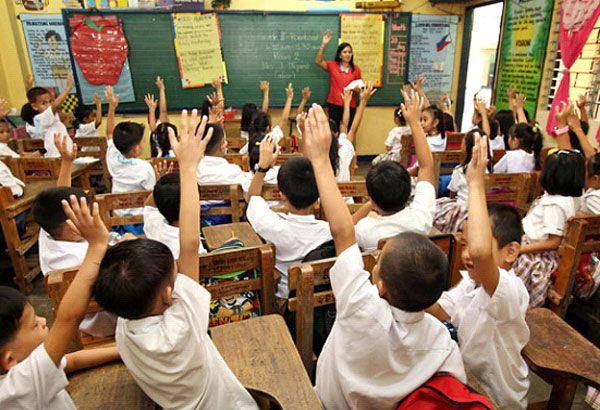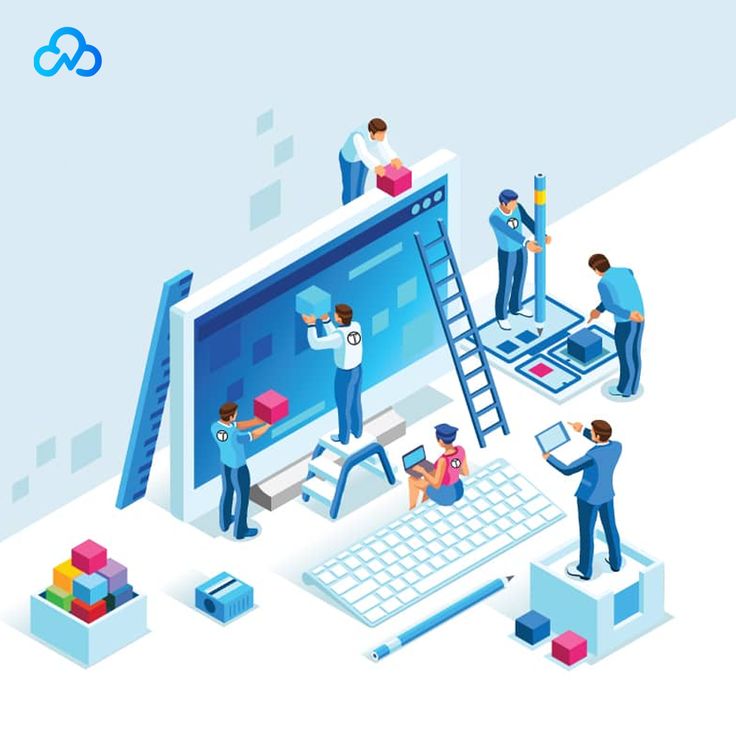K12 services in India encompass a broad range of educational offerings designed to support students from kindergarten through twelfth grade. These services include traditional classroom schooling, online learning platforms, and blended education models, all aimed at delivering a comprehensive and adaptable learning experience. K12 services in India focus on providing foundational academic skills, critical thinking, and 21st-century competencies to prepare students effectively for higher education and future careers.
The sector is rapidly evolving, driven by advancements in technology and increasing demand for digital education solutions. Providers like K12 Techno Services are leading the way by integrating technology with modern teaching methods to enhance learning outcomes. This dynamic approach ensures that education remains inclusive, measurable, and future-ready, catering to a diverse student population across the country.
With the K12 education market in India expected to grow significantly in the coming years, these services are playing a crucial role in shaping the educational landscape. This growth opens new opportunities for innovation in curriculum development, digital infrastructure, and teacher professional development, aligning with national education goals and global standards.
Overview of K12 Services in India
K12 services in India cover a wide range of educational support activities that enhance academic delivery and student development. These services address curriculum design, school management, transportation, uniforms, assessments, and digital learning solutions. Multiple parties contribute to this ecosystem, influenced by government policies and regulations.
Definition and Scope of K12 Services
K12 services refer to educational offerings aimed at students from kindergarten through 12th grade. These include academic support like curriculum development, assessments, teacher training, and supplementary materials such as textbooks or digital content.
The scope extends to operational services like school bus transportation, uniforms, and management solutions facilitated by third-party providers. Digital tools, including e-learning platforms and smart classrooms, have become integral, improving accessibility and personalized learning for Indian students.
Key Stakeholders in the Indian K12 Ecosystem
Stakeholders include government bodies, private schools, EdTech companies, teachers, and parents. Government authorities regulate curriculum standards and oversee public schooling infrastructure.
Private institutions and EdTech firms provide diverse services, from academic content to digital platforms and school operations management. Teachers facilitate learning while adapting to evolving methodologies. Parents engage as consumers and collaborators in student progress.
Investors are increasingly active, funding firms specializing in K12 services to boost innovation and growth in this sector.
Regulatory Framework and Policies Impacting K12 Education
The regulatory framework in India involves central and state education boards such as CBSE, ICSE, and state authorities setting curricula standards. Policies like the National Education Policy 2020 emphasize digital integration, inclusivity, and quality improvement.
Compliance with safety, infrastructure, and teacher qualification norms is mandatory. Government initiatives support equitable access and digital adoption, driving significant transformation in K12 education.
Regulations also govern private operators and EdTech companies to ensure quality and student data protection.
Types of K12 Services and Solutions
K12 services in India cover diverse areas aimed at improving educational outcomes. They focus on designing effective curricula, integrating technology, enhancing teacher skills, and tracking student progress through assessments.
Curriculum Design and Development
Curriculum design in K12 services emphasizes alignment with national and international standards such as CBSE, ICSE, Cambridge, and IB. It involves creating age-appropriate content that supports holistic development across subjects.
Developers ensure the curriculum includes interactive elements and accommodates regional languages and cultural contexts. Adaptive learning pathways are also incorporated to address varied learning speeds and styles, making education inclusive.
The process also involves regular updates based on educational research and government guidelines. This dynamic approach helps schools stay current with academic trends and skill requirements.
EdTech Integration and Digital Learning Platforms
Digital platforms are central to K12 services, offering online resources, interactive content, and blended learning models. These platforms support anytime-anywhere access, enhancing learning flexibility.
EdTech solutions often feature multimedia lessons, virtual classrooms, and adaptive testing, helping personalize education for individual students. Offline accessibility is included to bridge connectivity gaps.
Integration extends beyond content, encompassing management tools for attendance, communication, and administrative tasks. This creates a seamless educational ecosystem for schools, teachers, and students.
Teacher Training and Professional Development
Effective K12 services include comprehensive teacher training programs. These programs focus on pedagogical skills, digital tool proficiency, and curriculum implementation strategies.
Professional development workshops are designed to empower teachers to handle diverse classrooms and incorporate technology smoothly. Training is often ongoing, ensuring educators stay updated with methodologies and technologies.
These initiatives improve teaching quality, directly impacting student engagement and achievement. Support is also extended for leadership and classroom management skills.
Student Assessment and Performance Tracking
Assessment services offer tools for continuous evaluation through formative, summative, and diagnostic tests. These assessments align with curricular goals and help identify learning gaps early.
Performance tracking systems provide detailed reports, enabling teachers and parents to monitor progress objectively. Data analytics support personalized learning plans and targeted interventions.
Such systems accommodate multiple assessment formats, including quizzes, projects, and interactive tasks, catering to varied student strengths. This comprehensive tracking enhances outcome transparency and accountability.



